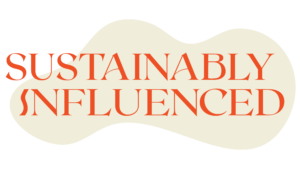A Decade of Fashion Revolution: Progress, Challenges, and the Road Ahead
Bianca Foley
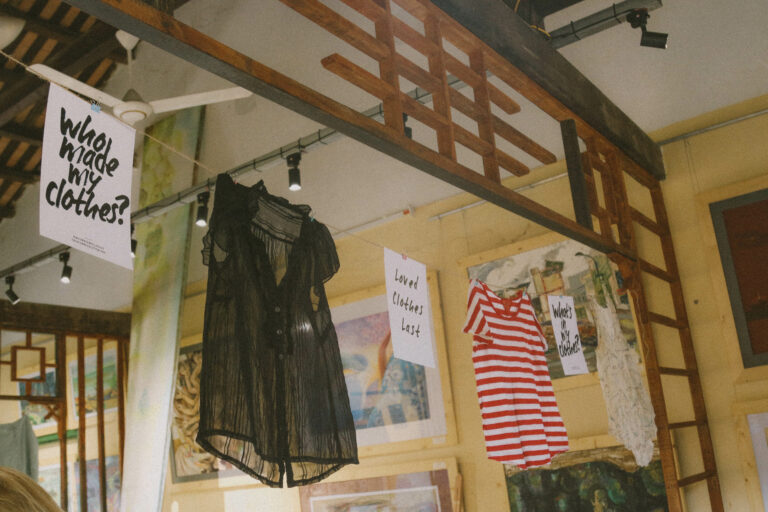
Fashion Revolution Week (April 15th-21st) 2024 marks eleven years since the catastrophic Rana Plaza factory collapse, a tragedy that served as a wake-up call for the fashion industry. In the aftermath of this disaster, Fashion Revolution emerged and with it a global movement for change. As we reflect on the journey of the past decade, we see both strides forward and persistent challenges that demand our attention.
Has There Been Enough Progress in Transparency?
One significant area of progress lies in transparency. Since its inception, Fashion Revolution has advocated for greater visibility into fashion supply chains. Brands are increasingly disclosing information about their practices, but there is still much ground to cover. Despite some improvements, the latest data reveals that only a quarter of brands adequately disclose their processes. The call for binding legislation to enforce transparency grows louder as voluntary commitments prove insufficient to hold brands accountable for their actions.
Changes To Legislation
Efforts to enact legislative change have seen both successes and setbacks. The Bangladesh Accord, established in the aftermath of the Rana Plaza disaster, stands as a notable achievement in this regard. However, challenges persist as corporate interests often clash with the need for regulatory measures. Recent events, such as the resistance faced by the Corporate Sustainability Due Diligence Directive, highlight the uphill battle for comprehensive legislative frameworks. The urgency to expand and strengthen such agreements is evident to prevent further tragedies and ensure the safety and well-being of garment workers worldwide.
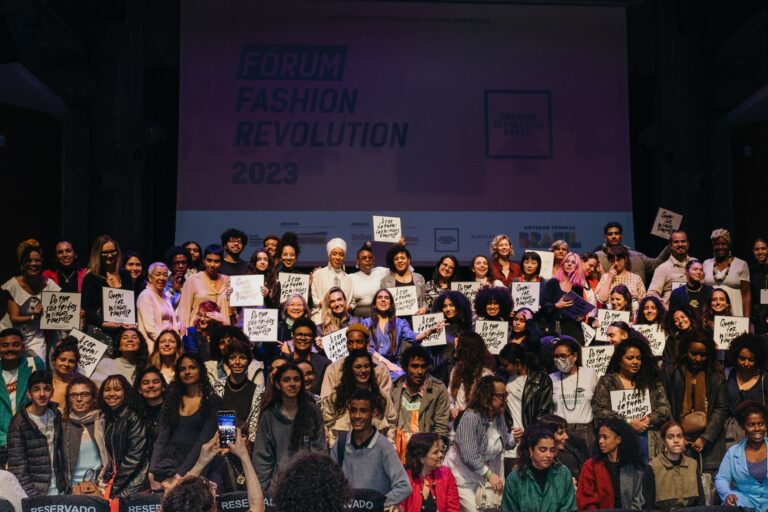
Community Engagement:
Central to the transformation of the fashion industry has been the rise of community engagement. Consumers are no longer passive recipients of fashion but active participants in advocating for change. Fashion Revolution Week serves as a testament to the power of collective action and their “Who Made My Clothes” campaign is the biggest driver for this, bringing together a global community committed to ethical fashion. Through social media campaigns, events, and initiatives, communities have become agents of change, challenging greenwashing and demanding accountability from brands.
Challenges Ahead:
Despite the progress made over the past decade, significant challenges still remain on the horizon. Issues such as unfair purchasing practices, inadequate wages, environmental degradation, and overconsumption continue to plague the industry. Tackling these complex issues requires concerted efforts from all stakeholders, including brands, governments, NGOs, and consumers. Binding legislation is crucial to address systemic issues and ensure the protection of human rights and environmental integrity throughout the fashion supply chain.
As Fashion Revolution embarks on it’s second decade, it prompts us to reflect on the enduring legacy of Rana Plaza. This tragedy serves as a stark reminder of the human toll exacted by fast fashion and underscores the imperative for a more ethical and sustainable approach to fashion manufacturing. This journey toward change is a reminder of the collective responsibility we bear and the shared vision we strive to realise—a future where fashion is not only captivating but also compassionate and conscientious.
Share This Story
Related Posts
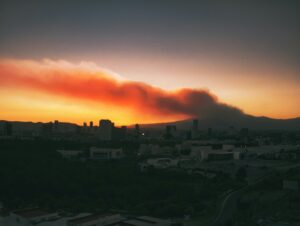
Did ChatGPT Play a Role in Fueling California’s Wildfires?
Did ChatGPT Play a Role in Fuelling California’s Wildfires? Alice Hartwell Credit: Unsplash Early 2025 headlines were dominated by the devastating wildfires that swept through
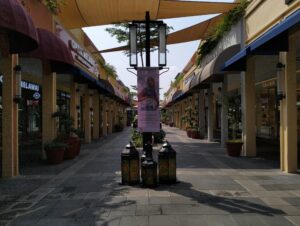
Is Outlet Shopping Actually Sustainable? Let’s Discuss
Is Outlet Shopping Actually Sustainable? Bianca Foley Outlet shopping and discount designer stores have long been the ultimate fashion treasure hunt—scoring past-season gems at a

Sustainable Bakeries to Visit in the UK
(Image credit: Mix Interiors) Sustainable Bakeries to Visit in the UK There’s nothing more comforting than indulging in freshly baked goods. But what if you

What’s Good in December: Fun, Ethical Things To Do In London
What’s Good In December: Fun, Ethical Events In London In Partnership with In Good Company December brings a magical mix of festive cheer and meaningful
